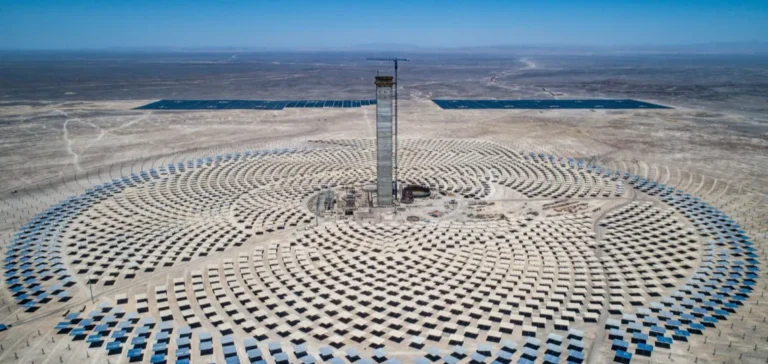Chile could save up to $15mn for every percentage point reduction in renewable electricity curtailments, according to a report published by energy think tank Ember. These losses stem from technical limitations in the electricity grid that prevent the full injection of solar and wind production, leading to significant revenue shortfalls for sector operators.
Untapped potential on Chile’s grid
In 2024, nearly 19% of the country’s potential renewable generation, mainly solar and wind, went unused due to curtailments. This amounts to over 11,900 GWh of electricity not injected between 2022 and May 2025, representing an estimated $562mn in lost revenue for renewable energy producers.
Each one percentage point reduction in curtailment would enable an additional 295 GWh of renewable electricity per year—enough to power more than 120,000 homes. The report highlights that this unused energy could become an economic asset if the electricity system were made more flexible.
Identified solutions face critical timelines
Among the proposed measures, expanding battery storage capacity is a priority. The installation of one gigawatt of batteries alone could cut curtailments by nearly a quarter, generating $68mn in annual savings. Developing a multi-service revenue model for batteries, including frequency regulation and ancillary services, is considered essential.
Other measures include implementing dynamic line rating (DLR) systems to increase grid capacity by 10 to 30% within less than three years. Incentivised demand response markets, enabling consumers to adjust usage according to renewable output, are also proposed.
Infrastructure delays constrain short-term action
Major infrastructure projects such as the Kimal-Lo Aguirre transmission line are not expected to come online until 2029. This timeline has prompted experts to call for immediate actions to optimise the current system. According to the report, waiting several years could undermine the potential economic gains of maximising renewable energy production.






















